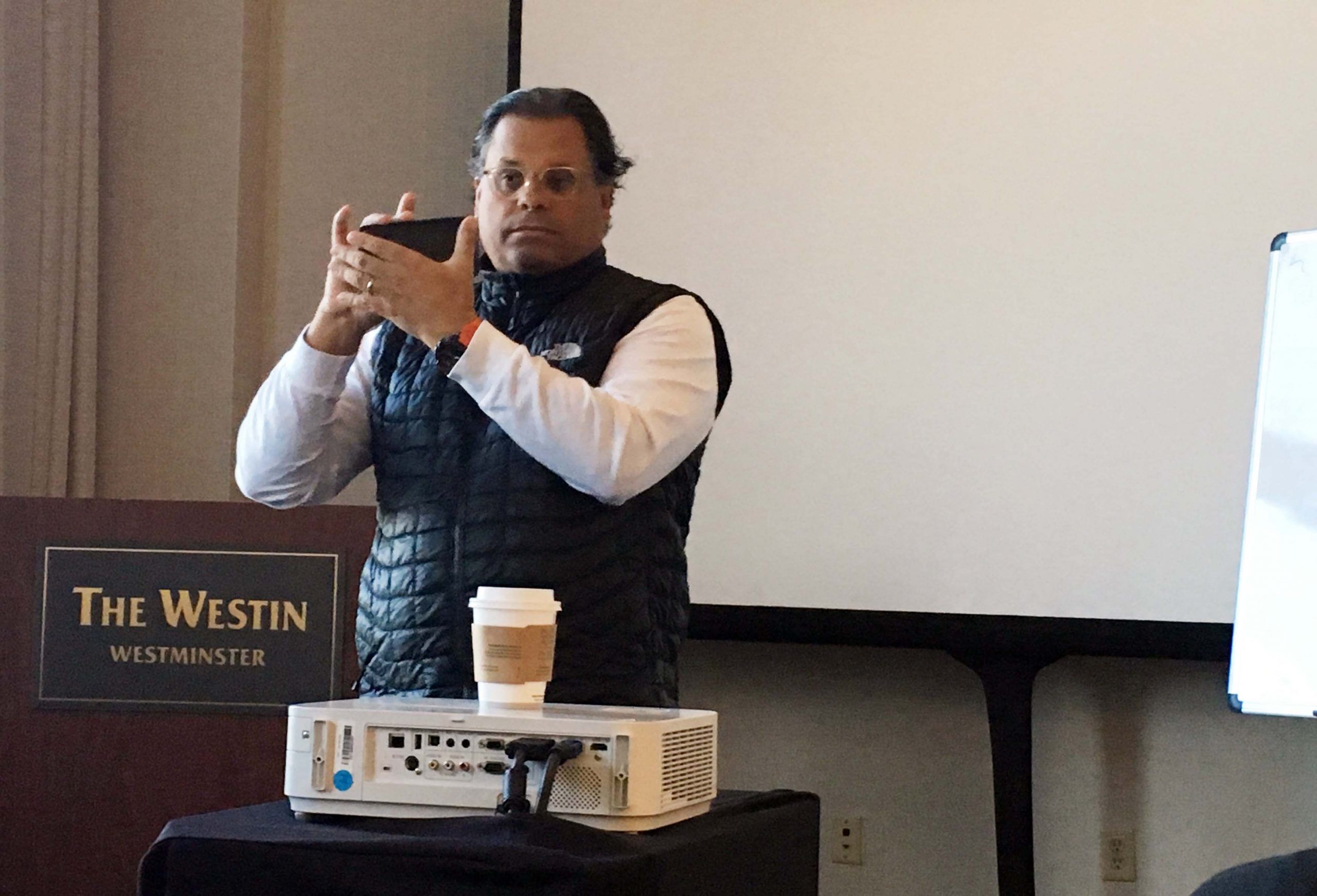You’ve just finished writing your research or dissertation. Now it’s time to get your work published!
Dr. Bryan McKinley Jones Brayboy (Lumbee), the Borderlands Professor of Indigenous Education and Justice in the School of Social Transformation at Arizona State University, the Director of the Center for Indian Education, and co-editor of the Journal of American Indian Education, now in its 58th year, shared his tips with attendees at the TCU Faculty Intensive Writing Retreat October 26 in Colorado. By following Dr. Brayboy’s guidelines, you will be well on your way to publishing your work.
- Know your publication and its audience before submitting. Will the editor or journal reader care about your study and why?
- What are the publication’s submission standards? Know them and adhere to them. Stick to required word counts, the required style guide (such as MLA), and other specified standards, such as whether the manuscript must be blinded (submitted without identifying information as to the authors), etc.
- Indicate to the editor whether your word count is inclusive of charts, bibliographies, etc.
- Remember: You don’t need a lot of words to say something important. If you have too many words, you are trying to do too much. Your piece should contain one singular idea. If you have a lot to say on a topic that is over the requisite word count, write in “twins”—create a companion piece that you can work on simultaneously or consider a three-part series.
- Your ego is important only in the sense that you want to get something published. Divest yourself from it after you submit your piece. Know that everything needs revisions—EVERYTHING. Revision time is time for growth. If you don’t agree with this then you aren’t doing what you should be doing.
- The editor will communicate with the writer what needs to be worked on and why, and request a resubmission.
- It is always helpful to reach out to the editor and ask for feedback or clarification with regard to their suggestions.
- After receiving a request for resubmissions, Brayboy recommends placing the article in an envelope, labelling it with the date for resubmission, sealing it, and not reading the comments or the article until then. This allows the writer to set aside their ego and also look at their work with a fresh set of eyes. “Approach your writing as if it is sacred,” he says. “Put out your best work—and be open to changes.”
- When the time has come for authors to resubmit, the Journal of American Indian Education requires that writers submit a version in track changes, a clean version, and a memo indicating the changes you made to your work and why. Each publication is different. Ask for their requirements for resubmissions if the editor does not specify them.
- Who’s afraid of red pens? Develop a group of accountability buddies— “accountabuddies”— who will review your work critically but with benevolence. You can set up writing groups at your school or with professionals at other institutions. Use helpful criticism to grow. Find people who can say, “You’ve got to do better,” then take that information and use it.
- Take advantage of on-demand mentoring, tools, and support available through the National Center for Faculty Development.

